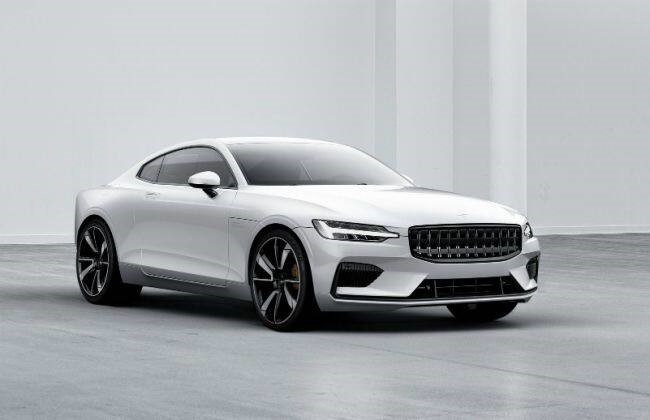

The Swedish automotive brand, Polestar, strives to reduce its carbon footprint in all aspects of car manufacturing. It recently reported that it had successfully reduced relative CO2 emissions in 2022 by 8 per cent compared to 2021.

The manufacturer, which is part of the Chinese-owned Geely group, has set an ambitious goal of halving its car-making emissions by 2030, which they say they will achieve through increased traceability on risk materials and new partners engaged in business activities centred on what the company calls Polestar 0 technology (zero).
Despite achieving a record 80 per cent global volume growth since 2021, translating into a total of 51,500 cars in 2022, the specialist EV maker can confirm it has reduced relative CO2 emissions per car sold by 8 per cent compared to 2021 levels.
An excellent example is the shift to a hydro-powered smelter by the supplier of the aluminium used in the Polestar 2's wheels and battery trays, which resulted in a 1.2-tonne reduction per vehicle.
According to the company, other factors include the Polestar 2 factory, which now runs on 100 per cent renewable electricity and a diversified product portfolio with a more significant share of single motor vehicles with lower energy demand during production.
Fredrika Klarén, the Head of Sustainability at Polestar, said, “We wear our emissions on our sleeve – measuring and scrutinising every detail ensures we keep our eye on the ball”.
“Electrification alone is not enough, and pure EV-makers like Polestar have much work ahead of us. Our focus remains unchanged as we double down on cutting emissions in our supply chain.”
AlCircle’s latest industry-focused exclusive report, “Global Aluminium Industry Outlook 2023”, unveils that decarbonizing aluminium (low-carbon) will be a top priority in 2023, and the demand from the transportation sector, notably the Electric Vehicle (EV) segment will be a key demand driver of aluminium.
Responses








